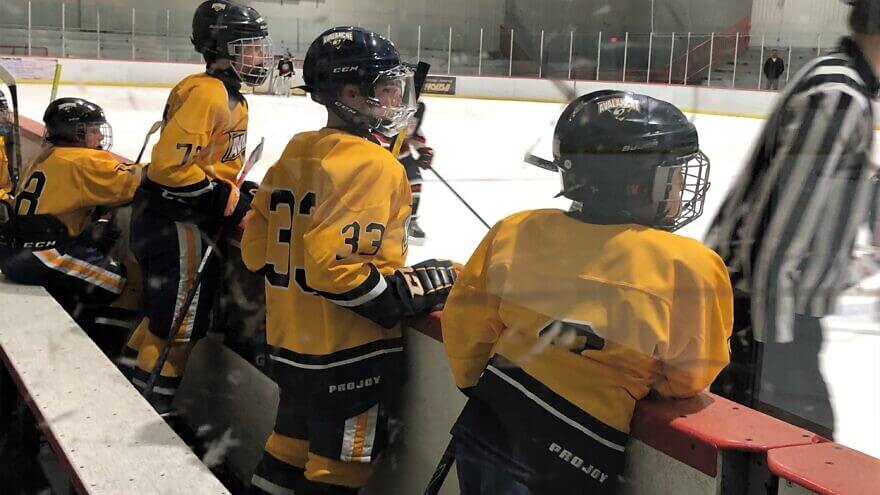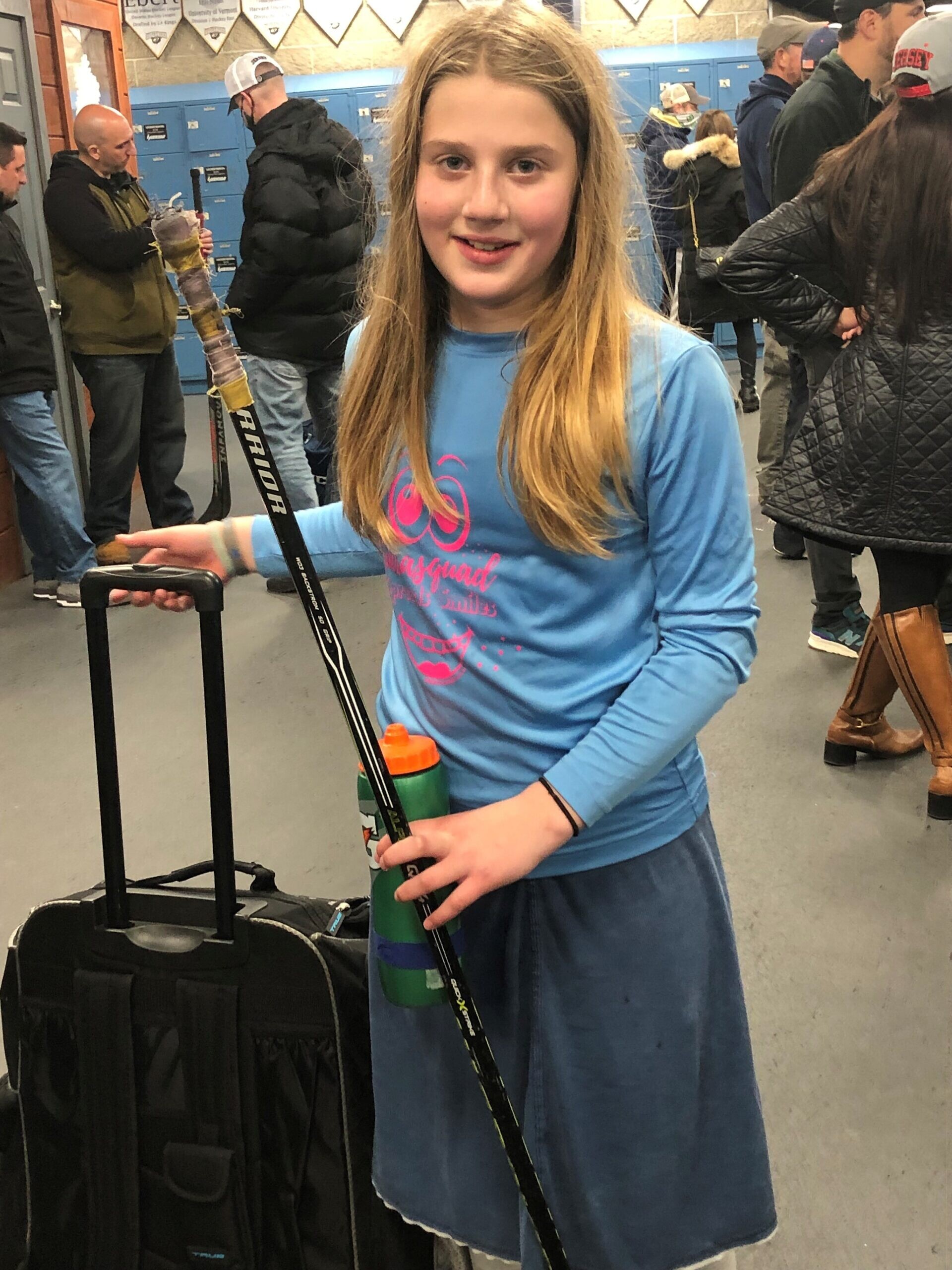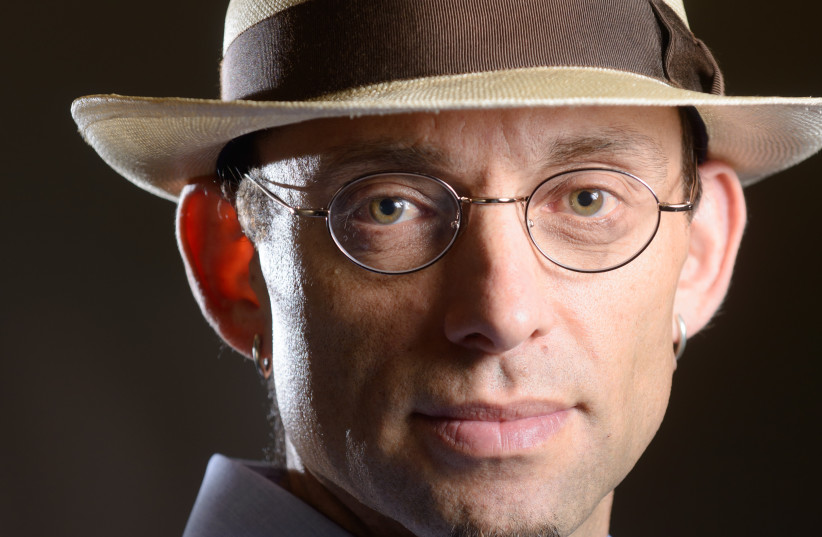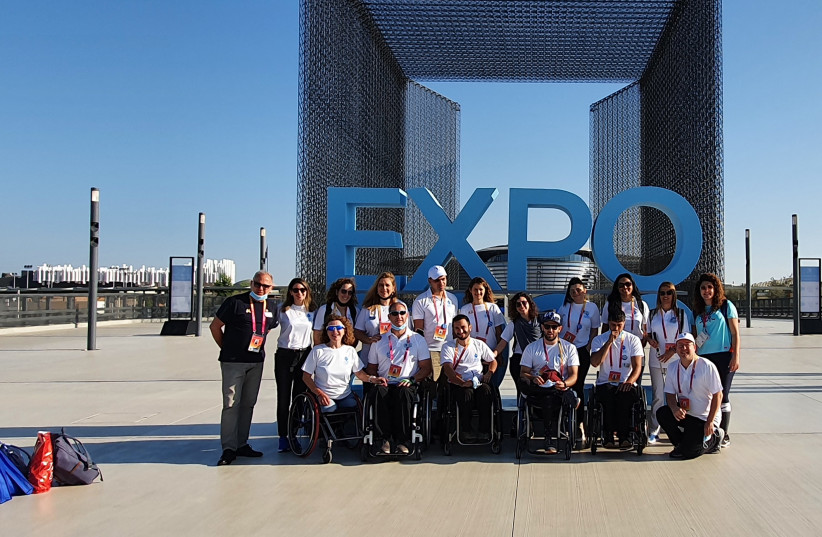“Our original goal was to get JUUL off the market since nearly all teens were using it. Through testifying in Congress, and local laws and pushback, JUUL stock has plunged significantly, and it is a lot more regulated before,” says Brown University student Caleb Mintz.
Original Article Published in the JNS
When Caleb Mintz came home from his Manhattan high school in April of 2018, he was confused. He said to his mother, Meredith Berkman, “I want to tell you about a mixed message they gave out at the addiction talk.”
He was referring to a presentation made by an outside speaker to the ninth graders at his new school. Teachers and administrators had been asked to leave the room so students would have a safe place to share their feelings. Many students spoke about their use of JUUL and other e-cigarettes. He and some friends had a feeling these products might be dangerous. Yet the presenter, who entered the school through an outside anti-addiction group, told the students that JUUL was “totally safe” and would receive FDA approval “any day.”
“For my classmates who were already vaping, there was a sigh of relief,” reports Caleb, who still had a sense that something wasn’t quite right. Caleb, classmates and parents later learned more about the speaker—he never disclosed his connection to the JUUL Company.
“We were shocked and horrified at the duplicity of the company,” recounts Berkman. “We knew we had to do something!” She and some friends began by starting a website, designed with the help of a recent Heschel School graduate. “We got a flood of letters from across the country from parents who were in so much pain; their kids were addicted to nicotine,” adds Berkman.
In 2018, Berkman and two other New York City mothers, Dina Alessi and Dorian Fuhrman, officially had enough of what they found to be JUUL’s confusing messages, and what they thought were deceptive practices and of what was now a youth vaping epidemic. They formed PAVe—Parents Against Vaping eCigarettes, a national grassroots organization. Berkman quips: “We were the necessary idiots who had to create it.”
“We are accidental activists,” she adds. “All of this was completely unexpected.”
‘It is a lot more regulated before’
For Berkman, it was not really unexpected. Co-founding PAVe was an extension of her deep-rooted Jewish values and commitments. “I thought that I would hand it off to someone; it was all-consuming. Then I said, ‘No, it is what I have tried to teach my four kids. For [as Hillel said in [Pirkei Avot 1:14]: If I am not for myself, who will be for me? If not now, when?”
“If as parents, we discovered the real duplicity of a company, how can we look away when we see people preying on our children?” she posed. “An entire generation will be addicted to nicotine!”
One year after Caleb shared news of the problematic school speaker with his mom, he found himself testifying before a congressional hearing on e-cigarettes and teen usage. Caleb, a classmate, their mothers, child advocates and medical professionals testified before Rep. Raja Krishnamoorthi (D-Ill.) and his committee on the impact of e-cigarettes on youth nicotine addiction and on how the marketing of these devices often disproportionately targets members of minority communities.
According to Dr. Barry Stein, an Upper East Side New York pediatrician, assistant clinical professor at the Icahn School of Medicine at Mount Sinai and a member of the PAVe advisory board, JUUL and newer products like Puff Bar continue to be serious cause for alarm. “There is no question that the whole JUUL marketing campaign was geared to young people. They have become the tobacco of 2021,” he says.
As Stein explains, “children and adolescents have an immature prefrontal cortex, where nicotine has a major effect. [These products] are highly concentrated, and enter the brain rapidly and change the way the receptors work. They affect executive function in the brain, can cause ADD, affect memory and such bodily systems as the lungs. And the effects can be long term.”
In addition, Stein stresses how difficult it is to wean from e-cigarettes, saying some studies have shown that it can be “even stronger than addiction to cigarettes.”
PAVe was at the table in the White House as then-President Donald Trump held a listening session on vaping on Nov. 22, 2019; has testified before U.S. Congress; and, most recently, testified in January at a New York City Council Health Committee hearing. Its members were also present in July 2020 as New York City’s mayor, Bill de Blasio, signed into law a complete flavor ban on e-cigarette and vaping products.
Caleb, now a student at Brown University, looks back with pride on what his peers, the three mothers and the organization have accomplished. But he points out that there is still work to do. “Our original goal was to get JUUL off the market since nearly all teens were using it. Through testifying in Congress, and local laws and pushback, JUUL stock has plunged significantly, and it is a lot more regulated before.”
Still, he notes the ongoing uses of unregulated disposable vaping devices, which often come from China and are readily available at “any New York corner store.”
His experience with friends who were addicted to e-cigarettes has helped him recognize these types of social problems at college. When he observes students overdoing it with alcohol, he says he is reminded of his friends and their use of vaping devices. “Binge drinking reminds of people who would use a disposable vaping device Thursdays, Fridays and Saturdays. Because of my experience with vaping, I see binge drinking a little differently from others.”
Caleb, who intends to pursue his interest in political science, has already been interviewed for a Netflix documentary about vaping, which is scheduled for release in 2023. He continues to follow and speak out on the e-cigarette issue.
“To me, it is a very clear problem,” he says, after seeing and trying to help “friends severally addicted.”








